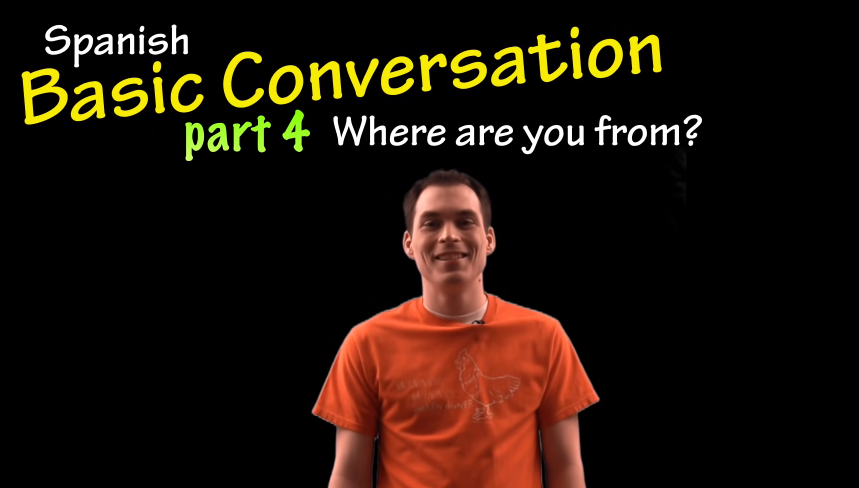
How Do You Say “Where Are You From” In Spanish? Exploring Expressions in Spanish
¡Bienvenidos! If you’re on a journey to master the beauty of Spanish, you’ve come to the right place. Today, we’re unraveling the linguistic threads of Spanish to answer that age-old question: “How do you say ‘Where are you from’ in Spanish?” Let’s dive into this linguistic adventure and uncover the diverse ways to pose this query across various regions of Latin America.
The Fundamental Phrase: “¿De dónde eres?”
At the heart of communication lies simplicity, and “¿De dónde eres?” captures the essence of asking about someone’s origin. It’s the foundation upon which you can build meaningful conversations and cultural connections.
Uncover Origins with “¿De qué parte eres?”
If you’re keen on delving deeper into someone’s story, “¿De qué parte eres?” adds a touch of curiosity to your query. This phrase translates to “Which part are you from?” and encourages your conversation partner to share more about their specific background.
Politeness in Conversation: “¿Podría decirme de qué país eres, por favor?”
Manners are a universal language, and extending courtesy in Spanish is no exception. “¿Podría decirme de qué país eres, por favor?” translates to “Could you tell me which country you’re from, please?” It demonstrates your respect and consideration for the person you’re engaging with.
Explore Further: “¿Dónde naciste?”
For a more detailed exploration of someone’s roots, turn to “¿Dónde naciste?” This phrase means “Where were you born?” and opens up conversations about their birthplace, childhood memories, and family connections.
Embrace Regional Flavors: Country-Specific Variations
Latin America boasts a colorful tapestry of cultures, and each country has its unique way of inquiring about origin. For instance:
- In Mexico: “¿De qué parte de México eres?”
- In Argentina: “¿De qué provincia sos?”
- In Colombia: “¿De qué ciudad eres?”
Using these variations not only adds cultural nuance but also showcases your appreciation for the diversity within Latin America.
Infuse Playfulness: “¿Eres de por aquí?”
Injecting a touch of playfulness, “¿Eres de por aquí?” translates to “Are you from around here?” Use this phrase to initiate light-hearted exchanges and perhaps even uncover hidden connections.
Dive Deeper: “¿Cómo les dicen a los de tu ciudad?”
To delve into local slang and nicknames, try “¿Cómo les dicen a los de tu ciudad?” which means “What do they call people from your city?” This question often leads to intriguing discussions about linguistic quirks and cultural identities.
Forge Stronger Bonds: “¿Qué te trae por aquí?”
To deepen connections, go beyond the surface with “¿Qué te trae por aquí?” This translates to “What brings you here?” and provides an opportunity to understand the reasons behind someone’s presence in a certain place.
Setting the Stage: Building Linguistic Bridges
As you venture into the realm of language learning, remember that every word and phrase is a stepping stone toward fluency. These expressions act as bridges, allowing you to connect with diverse individuals and explore the vibrant tapestry of Spanish .
So, whether you’re mingling with locals during your travels or engaging in virtual conversations, these varied ways to ask “Where are you from?” will become your passport to authentic exchanges and cultural appreciation. Stay curious, embrace the linguistic journey, and immerse yourself in the richness of Spanish !






